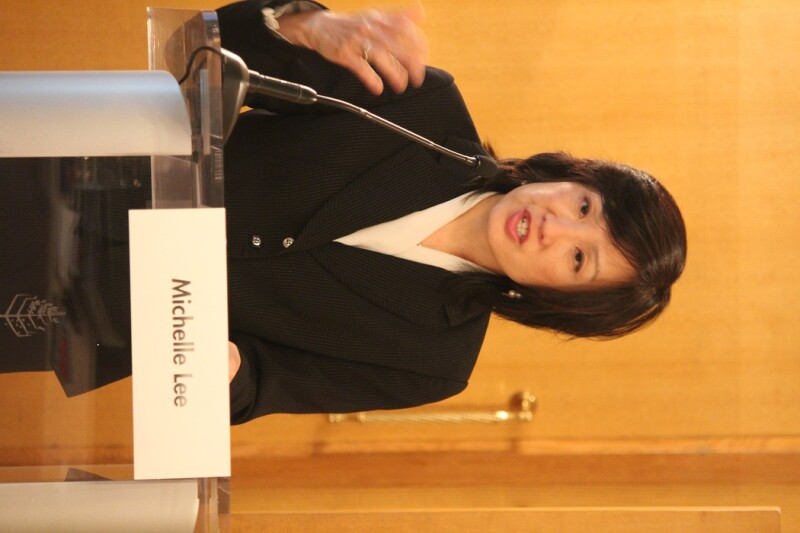
In her keynote speech, Lee (pictured) said that any new legislation must take into account the changes that have already taken place, such as the Supreme Court’s decisions in Alice, Myriad and Mayo and the increasing popularity of the Patent Trial and Appeal Board (PTAB).
Some commentators have suggested that, given developments such as these cases and the changes brought on by the America Invents Act (AIA), legislation to further reform the patent system may not be needed. Some sceptics also point to last year’s falling patent litigation numbers as evidence that calls for reforms are overstated, though patent dockets appear to be growing busier again.
Noting that comprehensive patent reform must invariably involve not only Congress but also the courts, industry and the USPTO, Lee pointed to several of her office’s recent initiatives to address issues such as patent quality. In particular, she highlighted the Enhanced Patent Quality Initiative which was launched in February and designed to help improve prosecution services, customer service and quality measurement. One of the six proposals under consideration for this programme is whether to automatically generate a pre-search report for the patent examiner in each case, to assist the examiner who would then build on with further searches.
Currently, examiners may request such a report if he or she so wishes, but it is not done so for every case.
Lee emphasised that this is just one of several proposals in the initiative and that the USPTO is seeking feedback from the public on these proposed changes. She also explained that the issue of patent quality will an ongoing process that the USPTO will be focusing on.
“Bottom line: We’re taking a hard look at patent quality from every angle and brainstorming paths to improvement,” she said.
Lee also highlighted the work done by the PTAB and the effect it has had on patent quality post-grant, even in the face of surprisingly large workloads. She pointed out that the PTAB is issuing claim construction via its decisions to institute within 6 months, half the time it would normally take at the Eastern District of Virginia, the so-called “Rocket Docket”.
“The intent of Congress was to provide a faster and more affordable means to challenge issued patents, and the numbers reveal that is exactly what is happening,” she said.
Always iterating
Lee continually emphasised that improving the patent system is an ongoing task and that even the new programmes that have been instituted themselves are subject to further refinement. She said that the USPTO will soon be releasing a new set of interim rules intended to be quick fixes on some rough spots in PTAB procedures based on comments from users and judges. In addition, the USPTO is expected to release a second set of rules that will address more challenging difficulties in AIA trials.
Like many of the other changes and initiatives coming from the USPTO, Lee said that the office will be soliciting comments and suggestions from the public, including conducting roadshows and solicit written feedback later in the year on this second set of rules for the PTAB.
More stability
Lee also discussed developments concerning not only the patent system but the USPTO itself, both of which may lead more stability for the office.
First, she announced that the USPTO will be revising its fee schedules shortly, an authority that was granted to the office by the America Invents Act. As in the previous fee-setting exercise, the USPTO will be soliciting comments and suggestions from its users.
In addition, Lee announced that the USPTO would be announcing a new deputy director, a role that she held until she was confirmed by the Senate to head the USPTO earlier this month. Though she gave no hints as to the candidates, she promised that she and Commerce Secretary Penny Pritzker are looking for “the perfect candidate”. Lee explained that, having served as both deputy director and acting director simultaneously, having a deputy director to help lead the USPTO is a top priority.
“I’m confident you’ll be happy with our choice, but no one will be happier than me!” she said.
Director Lee spoke at Managing IP’s US Patent Forum in Washington DC yesterday. For those interested in the second leg of the US Patent Forum to be held in Silicon Valley next Tuesday, click here.









